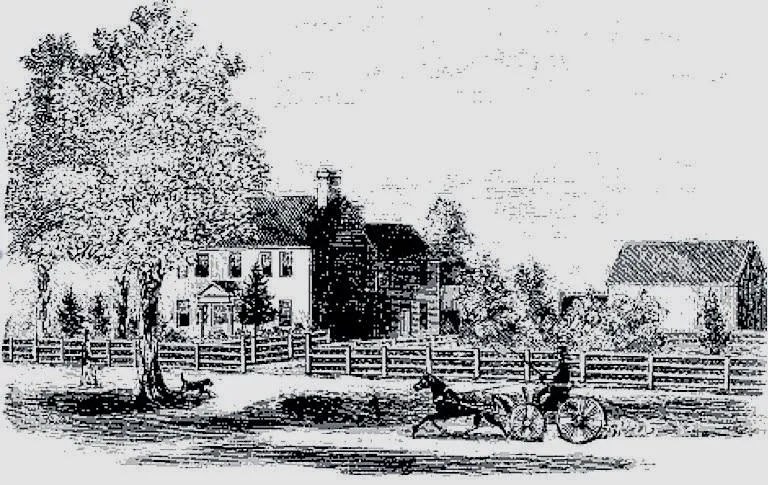When Jonathan Edwards, who has been rightly described as ‘America’s Augustine’, left his pastoral charge in Northampton, Massachusetts in 1750, he received a number of ‘attractive’ ministry offers, including the presidency of a theological college in Scotland. He chose instead to go with his family to a small out-of-the-way frontier village by the name of Stockbridge, Massachusetts. Why this unusual choice?
Some have surmised that Edwards settled in Stockbridge because the rigours of ministry among a smaller congregation, which consisted mostly of Mahican Indians, would prove minimal, and he could then devote himself largely to his study and the major treatises that he wanted to write books on such issues as free will and original sin.
In other words, some have viewed Edwards in Stockbridge almost like an academic scholar on an extended sabbatical! Samuel Hopkins, in his important memoir of his mentor, seems to imply something like this when he states that God gave Edwards ‘a quiet retreat’ at Stockbridge where he could pursue his writing. This view has been furthered by the belief that Edwards simply preached rehashed sermons from his Northampton years.










